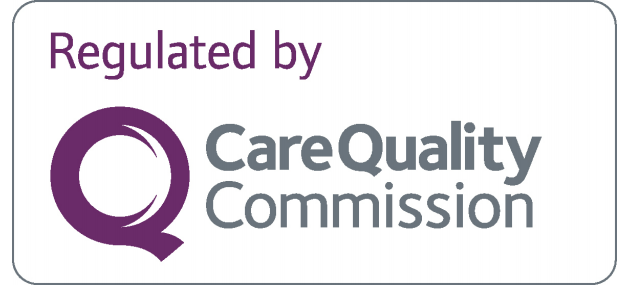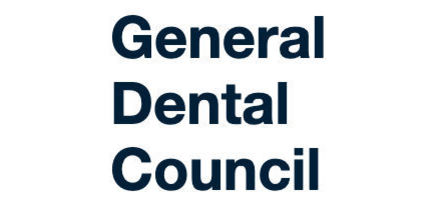Ask Aviva: What Should I Know About Receding Gums?
This content will be shown in the summary on the main blog page. Click on this text to edit it.
Can you stop your gums from receding or is it inevitable? First, you can begin by arming yourself with the right kind of knowledge and precautionary measures to ensure that you're maintaining a healthy set of gums. Prevention is better than cure after all.
Consulting your dental hygienist or Doctor Aviva Riley is vital when you're dealing with any oral health issue because they are trained to as only they would be able to direct you accordingly.
Doctor Aviva Riley explains what receding gums are, the causes and how you can prevent and treat it.
What are receding gums?
It’s a condition where the gums that surround the teeth wear away or get pulled back exposing more of the tooth or tooth's root. It is also a common dental problem.
Gum recession usually takes place gradually which is why people often don't realize that they have it. Some symptoms of receding gums may include your teeth becoming more sensitive than usual or sometimes you'd even spot a tooth that looks a bit longer than the others.
What are the causes of gum recession?
There are several factors that can cause your gums to recede including:
Periodontal disease – These are bacterial infections that can cause damage to gums and supporting bones that hold your teeth in place. Gum disease is the main cause of gum recession.
Aggressive tooth brushing – If you brush too hard or if you brush the wrong way, it can cause the enamel of your teeth to wear away.
Insufficient dental care – Inadequate brushing and flossing makes it easy for plaque to turn into calculus (tartar) a hard substance that builds on your teeth and can only be removed by professional cleaning.
Grinding and clenching your teeth – Putting too much pressure on your teeth can wear your teeth and gums.
Misaligned teeth – When teeth do not come together evenly, too much pressure can be placed on the gums and bones.
How can you prevent gum recession?
The best way to prevent gum recession is to take care of your mouth. Brush and floss your teeth every day and see your hygienist, dentist or periodontist at least twice a year or as recommended. Always use a soft bristled toothbrush and ask your hygienist to show you the proper way to brush your teeth.
If grinding and misaligned teeth are the cause of your gum recession, talk to the dentist about how to correct the problem.
How is gum recession treated?
Your dental hygienist can treat mild gum recession by deep cleaning the affected area. However, gum surgery may need to be carried out in case of advance gum recession. Your dentist will advise you regarding the treatment which will be tailored to your needs.
Final tips on maintaining healthy gums:
Quit smoking.
Eat a well-balanced healthy diet.
Monitor changes that may occur in your mouth.
You can have a healthy smile forever if you take good care of your teeth. If you have any further enquiries, feel free to contact Fourways Dental Surgery today.
Share this post:







